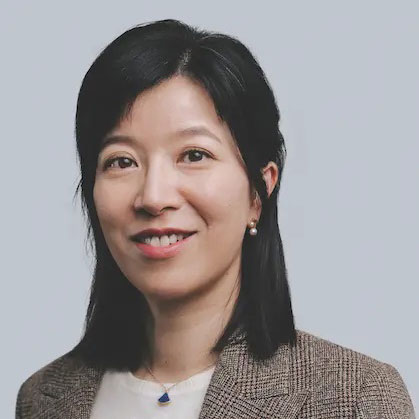
Hailan Hu is Professor and Director of School of Brain Science and Brain Medicine at Zhejiang University. She received a BA in Biochemistry from Beijing University and a PhD in neuroscience (with Corey Goodman) from UC Berkeley. After a postdoc training with Roberto Malinow at CSHL, she joined the faculty of Institute of Neuroscience, Chinese Academy of Sciences. Since 2015, she has been professor at Zhejiang University. Her laboratory seeks to understand how emotional and social behaviors are encoded and regulated in the brain, with a main focus on the neural circuitry underlying depression and social dominance. Her team has identified the neural mechanism underlying the winner effect, by which individuals increase their chance of winning after previous victories. Her recent work has uncovered a new model to explain the etiology of depression and the rapid antidepressant actions of ketamine, involving NMDA receptor-dependent burst activity of lateral habenular neurons. Her work has led to the identification of several molecular targets (including bCaMKII, T-type calcium channels and astroglial Kir4.1 channel) for developing new antidepressant drugs. She is a recipient of the IBRO-Kemali International Prize and the L’Oreal-UNESCO for Woman in Science International award.